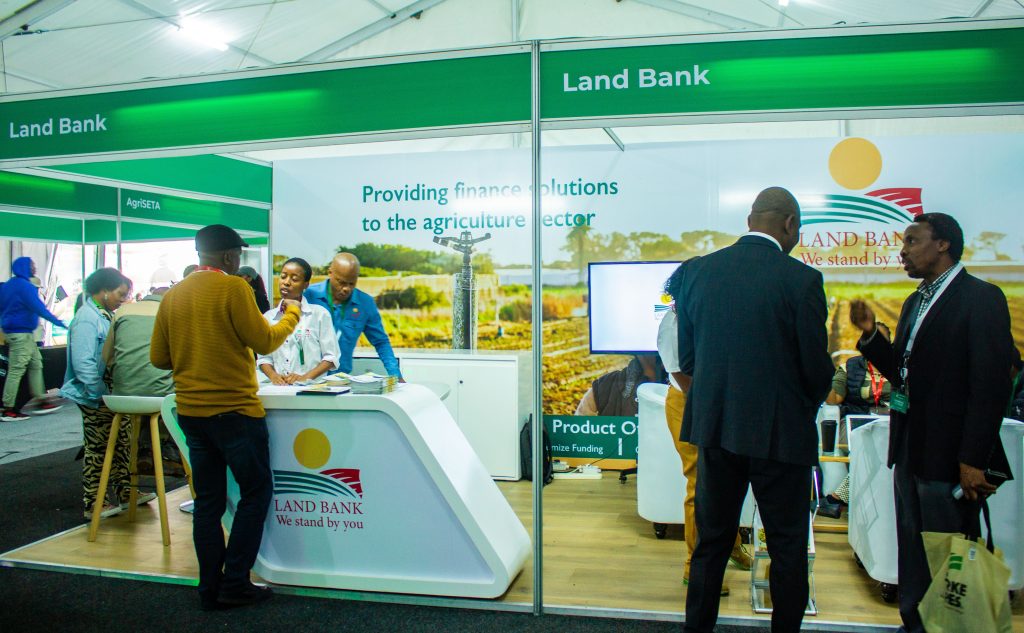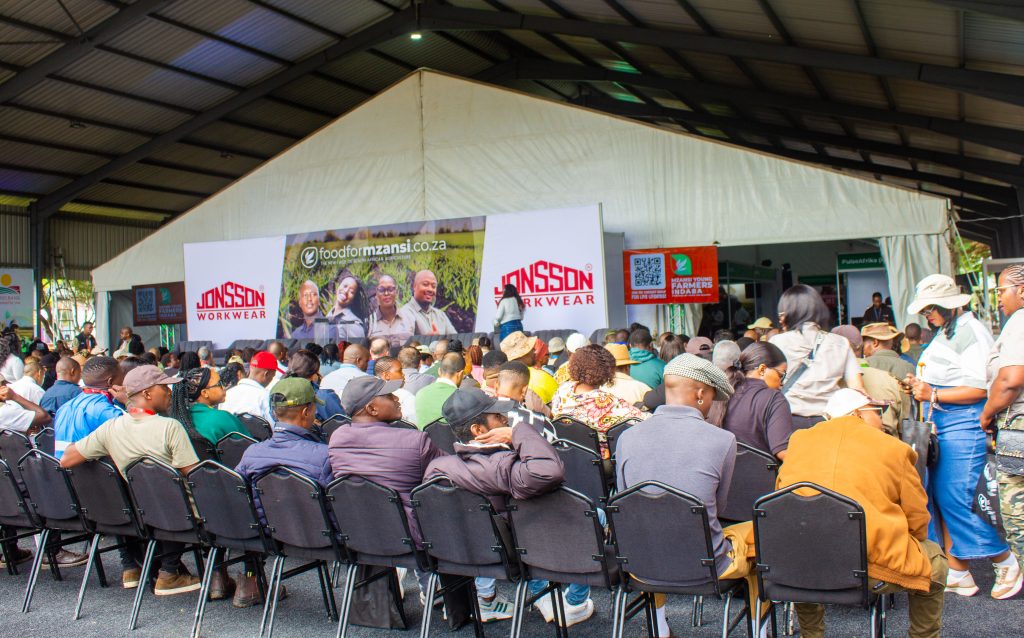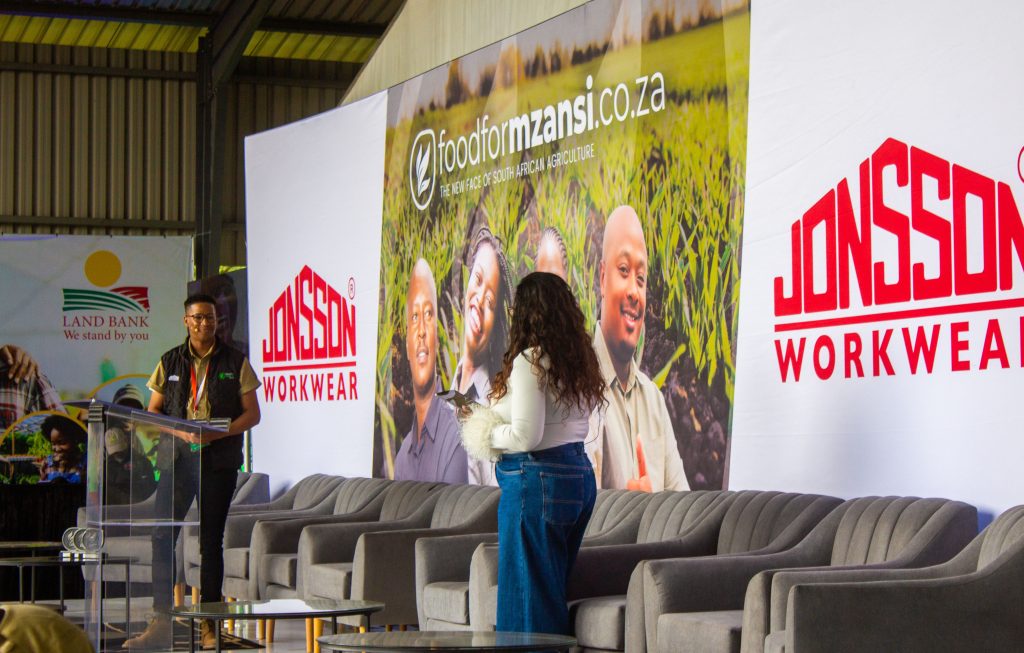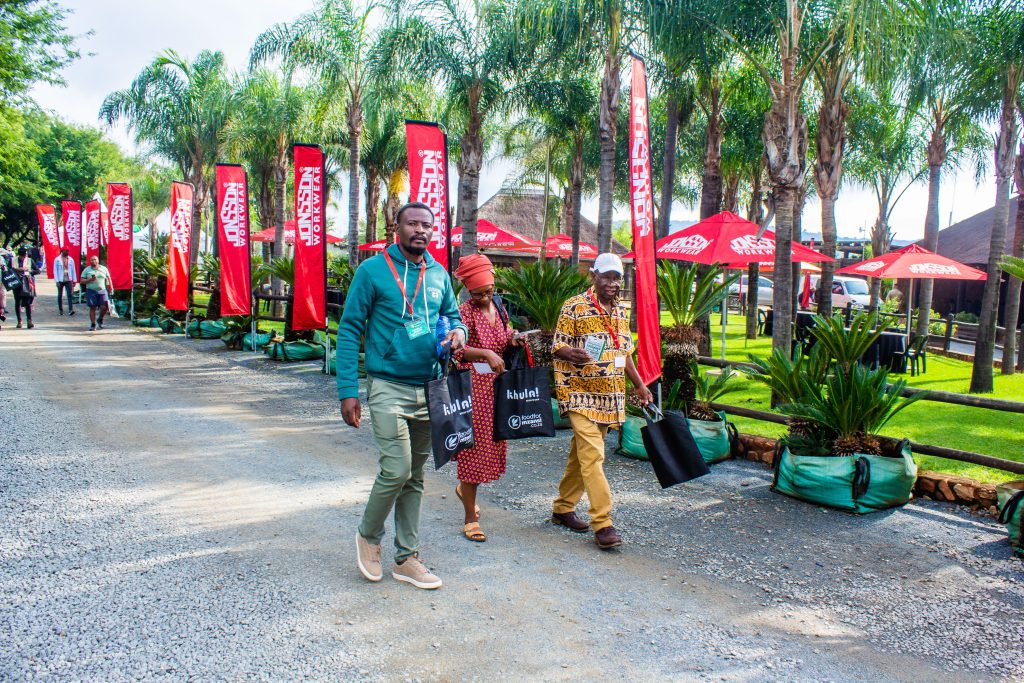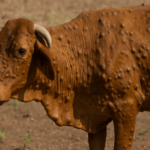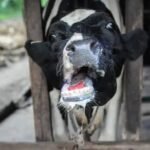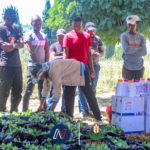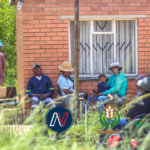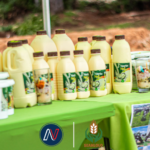Now in its fourth year, the Mzansi Young Farmers Indaba has grown into more than just an annual event—it’s a living, breathing movement that speaks to the heart of South Africa’s agricultural future. What began as a modest gathering organised in just one month by Food For Mzansi, has evolved into a powerhouse platform for young farmers, especially black farmers, to connect, learn, and lead.
“This year has been the biggest Indaba we’ve hosted,” shared Ivor Price, co-founder of Food For Mzansi, beaming with pride.
“We’ve had over 2,000 participants in just two days, some travelling from the furthest rural corners of the country—like Bizana in the Eastern Cape—on their own dime, just to be part of this.”
It’s this unwavering hunger for knowledge and opportunity that defines the spirit of the Indaba.
With more than 60 speakers and 50 exhibitors, this year’s event was about more than education—it was about access.
“Many of our farmers struggle to access finance. Here, they get to look decision-makers in the eye, make personal connections, and leave with more than just business cards—they leave with hope,” said Price.
Tackling Uncomfortable Truths
While most agricultural conferences play it safe with well-worn speaker circuits and predictable topics, the Mzansi Young Farmers Indaba deliberately chooses discomfort.
“We don’t want the usual suspects. We’ve tackled thorny issues—like failures in land reform, black farmer fragmentation, and even the rise of white nationalism—because healing can only come when we address the cracks openly,” Price explained.
This year’s programme was refreshingly honest. It featured top legal scholars, commercial farmers, and even controversial voices unafraid to speak truth to power.
“We had Dr. Mbeka speak about expropriation and failures of the ANC government. These aren’t easy conversations, but they are necessary,” Price added.
Building an Inclusive Space
One thing that sets the Indaba apart is its deliberate centering of young, black farmers—not as tokens, but as authorities.
“We’re not choosing black speakers for optics. We’re choosing the best in the field, and many just happen to be black. Farmers like Sophie, a towering force in commercial farming, were embraced like celebrities here,” said Price, reflecting on the diverse speaker lineup.
Even in a country with a packed agricultural events calendar, the Indaba has carved out its niche.
“I’m a huge fan of Nampo, which is massive and well-respected. But it’s not always inclusive. We wanted a space where young farmers, especially black ones, are not just part of the programme—they are the programme.”
Not Just a Talk Shop
Beyond the buzz of speeches and exhibitions, the Indaba is beginning to shape policy and perception.
“We’ve had our work referenced to in Parliament. We’ve been able to spark conversations about land allocation and youth commercialisation in agriculture. But progress is slow—we know that. Still, these small wins matter,” Price said.
And while the South African government doesn’t directly sponsor the event—thanks to complex procurement laws—they do support farmer participation. “They help get farmers here who couldn’t afford to come otherwise. That’s huge.”
Looking Ahead
With each passing year, the Indaba refines its purpose. The 2025 edition focused on agricultural education and agritech—two of the fastest-growing needs in the sector. “We noticed the gap last year and responded. Now, you see colleges, training institutions, and tech startups all under one roof,” noted Price.
As for the future? “Our work is just beginning. We’re not interested in being another fancy event with pretty flyers. We want impact. We want transformation. We want a truly inclusive agriculture sector where young people don’t just inherit land—they inherit power,” Price concluded.
The Mzansi Young Farmers Indaba isn’t just South Africa’s most disruptive agriculture event. It’s a declaration: the future of farming is young, bold, and black—and it’s here to stay.




